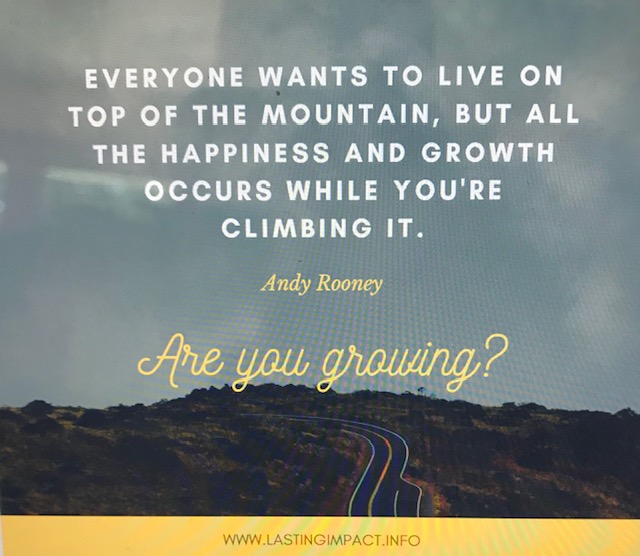
It’s that time of year, when the resolution research begins to get collected into books and distributed for all those conscientious coaches and students out there who are ready to start working on their debate material. There are plenty of sources out there to help you get started, here are some things to keep in mind as you start to consult those resources…
1. Nothing is complete.
There will ALWAYS be more. A guidebook is written to help you get started; not to serve as your case for the season. It will introduce you to ideas, philosophies, examples, definitions, precedents, etc. As you become familiar with these in the guidebook, you should seek out more information on the ones less familiar to you or on something new that intrigues you. As you cast your net wider, one topic will lead you to another that never even appeared in the guidebook. THIS is where you begin to gain mastery over your case. When you launch out into deeper research, you’ll gain insight that is your own, connections that are unique to your case, subtleties and nuances that let you maximize your CX and impacts. So, start with a guidebook, but don’t end there! You will simply not be able to learn all there is to learn about a resolution in a single season. People spend entire careers studying these topics, so don’t imagine that you are the teenager who is going to know more in 9 months than those experts! Keep studying.
2. Nothing is neutral.
Most guidebooks, sourcebooks, and casebooks are going to address both sides of the resolution for you, but even so, they are going be limited. Remember this as you study. Even a VERY smart author isn’t going to see the resolution in every aspect. Many are written by alumni who had great success. They know what they are doing. But they are still going to be writing to their own styles and strengths. They know how they used research and examples and philosophy, but you will have to discover your very own ethos as you grow in your debate skills. Learn from these alumni who are willing to give back, but don’t feel like you have to become them! The more you are willing to see your guidebook as a starting point from which you embark on your own discovery, the more you will see your own style and strengths begin to emerge. You will always be most persuasive in your own ethos. Keep trying new approaches.
3. Nothing is guaranteed.
I’ve read some amazing guidebooks! I’ve participated in fabulous instructional seminars and camps. But none of them contain a sure-fire, silver bullet “trick” that is going to make you unbeatable. They all have excellent bits and pieces that might give you the edge you wanted here or the punch you needed there, but ultimately, debate will come down to you knowing your material, your own beliefs, and your audience well enough to be effectively persuasive. You have to work, think, study, write, discuss, read, ask, edit, and experiment to reach that competence. Even if you do, you might face an opponent who also has that competence or a judge you can’t convince. The point of debate is not to throw down an opinion that no one can contradict. This is exactly where social media platforms are failing to generate anything other than division and angst! The point of debate is a meeting of the minds, a clash of ideas that leaves all parties better informed, more open to new ideas and suggestions, and mutually respected. So have some great debates and recognize that a loss on a ballot is not actually a loss if all parties are better informed, open to new ideas, and mutually respected.
It’s easy to become overwhelmed or intimidated by all the academic content in a guidebook. You might be tempted to feel like you can never be better than what you see there. Don’t believe it for a moment! Commit yourself to study beyond the book, to finding your own convictions and approaches, and to letting your wins AND your losses inform you, and you’ll become the winsome voice of reason our culture so desperately needs.
Lasting Impact! is excited to be offering three options for students, parents, coaches, and clubs for the 2020-21 Speech and Debate Season – The NCFCA TP Sourcebook and LD Guide, as well as the TP Grab and Go Guide (for NCFCA and Stoa). They can be a jump start to your season, but don’t forget to keep growing! All books and resources are available in the SHOP.